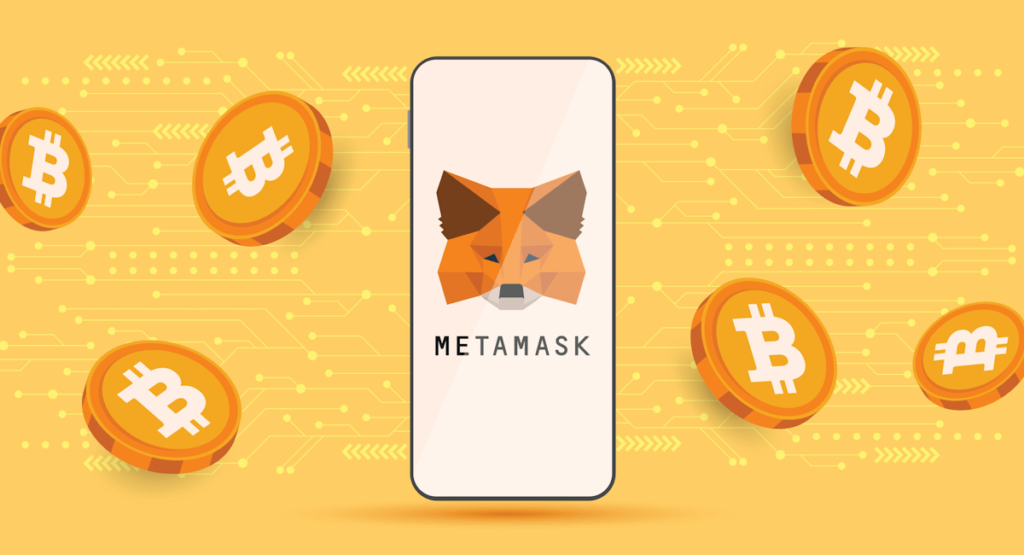In the world of cryptocurrency, one of the first steps for new users is setting up a crypto wallet. A crypto wallet is an essential tool that allows you to securely store and manage your cryptocurrency assets like Bitcoin, Ethereum, or other digital tokens. Whether you’re buying, selling, or simply holding crypto metamask extension, a wallet plays a critical role in ensuring that your investments are safe and accessible.
What is a Crypto Wallet?
A crypto wallet is a software program or hardware device that stores your private keys, which are used to access your cryptocurrency holdings on the blockchain. It doesn’t technically “store” the coins themselves but rather the keys that allow you to interact with the blockchain network. Think of it like a physical wallet that holds your credit cards or cash, but for digital assets.
Crypto wallets come in different forms, with each providing unique features based on security, convenience, and the level of control a user desires. The two primary types are hot wallets and cold wallets.
Types of Crypto Wallets
- Hot Wallets
- Definition: Hot wallets are software wallets connected to the internet, which makes them more convenient for everyday transactions but also more susceptible to online threats like hacking.
- Examples: Mobile apps, desktop applications, or web-based wallets.
- Pros: Easy to use, quick access to funds, ideal for frequent traders.
- Cons: Higher risk of security breaches due to constant internet connectivity.
- Cold Wallets
- Definition: Cold wallets are offline storage solutions that keep your private keys away from the internet, making them much more secure from online attacks.
- Examples: Hardware wallets (like Ledger or Trezor), paper wallets.
- Pros: Extremely secure, ideal for long-term holders who don’t need immediate access to their funds.
- Cons: Not as convenient for everyday transactions, requires more setup.
Key Features of Crypto Wallets
- Private and Public Keys
- Every crypto wallet consists of a public key (which is similar to an email address) and a private key (similar to a password). The public key is used to receive cryptocurrencies, while the private key is used to access and manage your crypto.
- It is crucial to keep your private key secure. If someone gains access to it, they can control your crypto funds.
- Backup and Recovery
- Most wallets provide a seed phrase or recovery phrase when you first set up your wallet. This is a list of 12–24 words that you can use to recover your wallet if your device is lost or damaged. Be sure to store this phrase in a safe place.
- Security Features
- Advanced security measures like two-factor authentication (2FA) and multi-signature wallets can further protect your assets. Multi-signature wallets require multiple keys (from different people or devices) to authorize a transaction, adding an extra layer of protection.
- User Interface
- The user interface (UI) of crypto wallets can vary greatly. Some wallets are designed for beginners, featuring simple, intuitive designs, while others offer more advanced functionality for experienced users, such as detailed transaction management and analytics.
How to Choose the Right Crypto Wallet?
The right wallet for you depends on several factors:
- Security: If you’re holding a significant amount of cryptocurrency, a cold wallet (hardware or paper) may be your best bet for enhanced security.
- Convenience: For day-to-day transactions or frequent trading, a hot wallet might be a better choice due to its accessibility and ease of use.
- Compatibility: Ensure that your wallet supports the cryptocurrencies you plan to store. Some wallets are designed specifically for popular coins like Bitcoin, while others can store a variety of altcoins.
- Features: Look for additional features like cross-platform support, built-in exchanges, or staking capabilities, which can be a bonus depending on your needs.
Popular Crypto Wallets
- Coinbase Wallet: A popular hot wallet with an easy-to-use interface that supports various cryptocurrencies.
- Exodus: A desktop and mobile wallet that offers built-in exchange functionality.
- Ledger Nano S/X: A leading cold storage wallet offering a high level of security.
- Trezor: Another highly regarded hardware wallet known for its robust security features.
Conclusion
Crypto wallets are fundamental tools for anyone involved in the world of cryptocurrencies. They provide the means to securely store and manage digital assets, whether for casual use or long-term investment. While there are trade-offs between security and convenience, it’s important to choose the right wallet based on your own needs and preferences.
